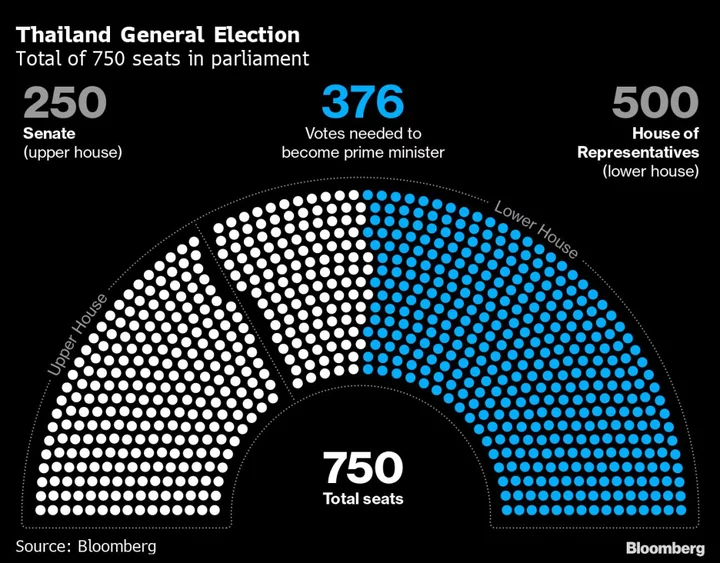Working-class British employees face a 12% salary penalty. That means they effectively work for free from 17th November this year, according to new report.
The so-called class pay gap is even higher for women, equating to more than £7,000 ($8,700) a year for professionals in the same occupation, according to the study published Friday by the Social Mobility Foundation charity.
Class background has a particularly outsized impact on people’s futures in the UK — and a Goldman Sachs report last year detailed how social mobility is worse in the country compared with all major EU economies. That’s adding to pressure on companies to address those imbalances at work. Employees in the financial industry see stark disparities, with half of all senior roles held by White people from a higher socio-economic background.
Part of the reason companies struggle to address the issue is because of a lack of data. Understanding internal demographics is one of the main ways to deal with the issue, according to research group Progress Together. Financial industry regulators are encouraging firms to collect data on the socioeconomic backgrounds of their staff, with proposals to introduce voluntary reporting on such issues for firms with more than 250 employees.
“No one feels comfortable with the idea that socioeconomic background, family background might affect your chances more than hard work and talent,” said Sarah Atkinson, chief executive officer of the SMF. The organization has “definitely seen it shift to something that's recognized as a normal business issue and priority,” she said in an interview.
There’s also a chance focusing on social mobility and socioeconomic diversity will help companies recruit in the future, with 89% of young people aged between 16 and 18 saying they would be more enthusiastic about working for an employer which prioritized such issues, the report said.
Author: Olivia Konotey-Ahulu









